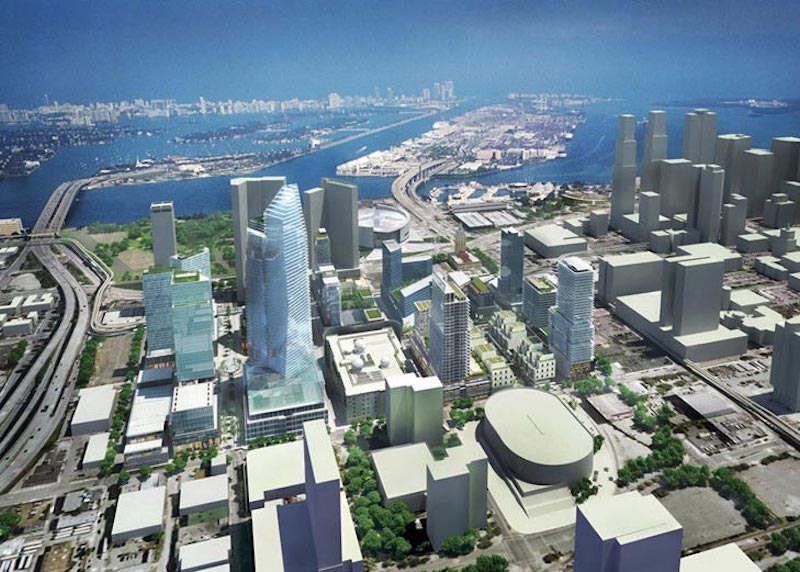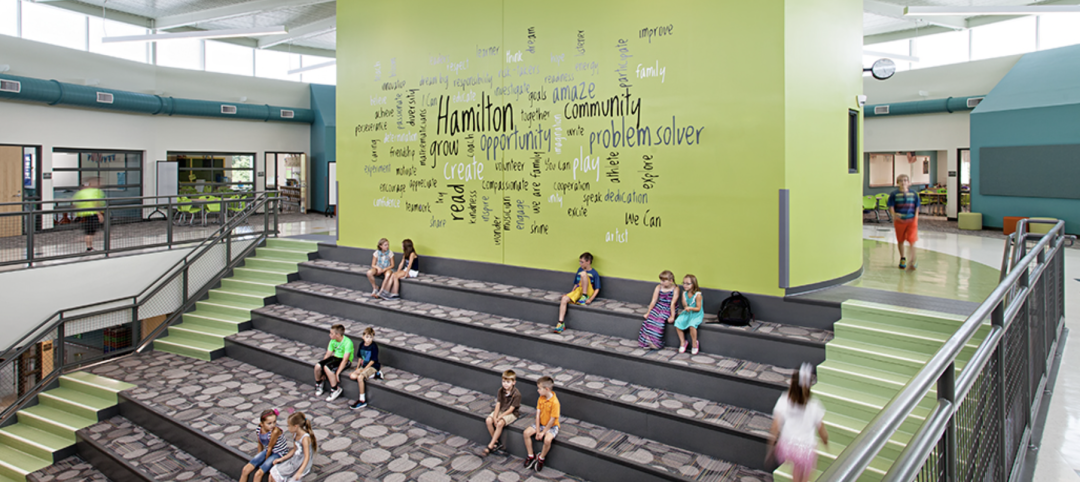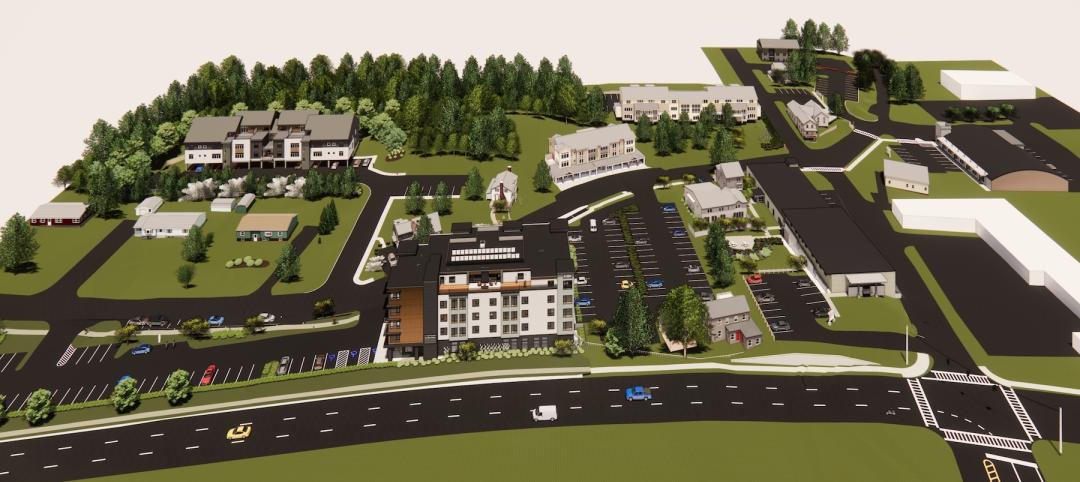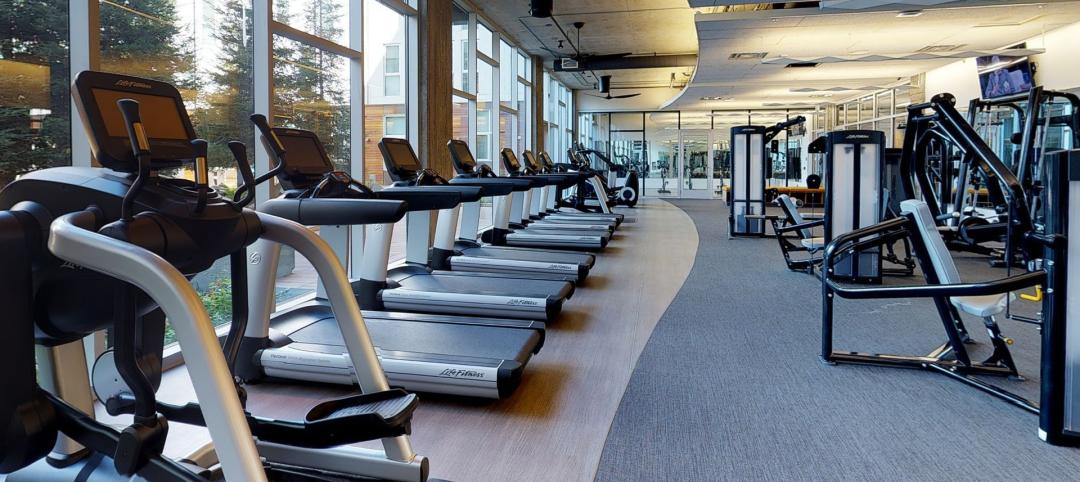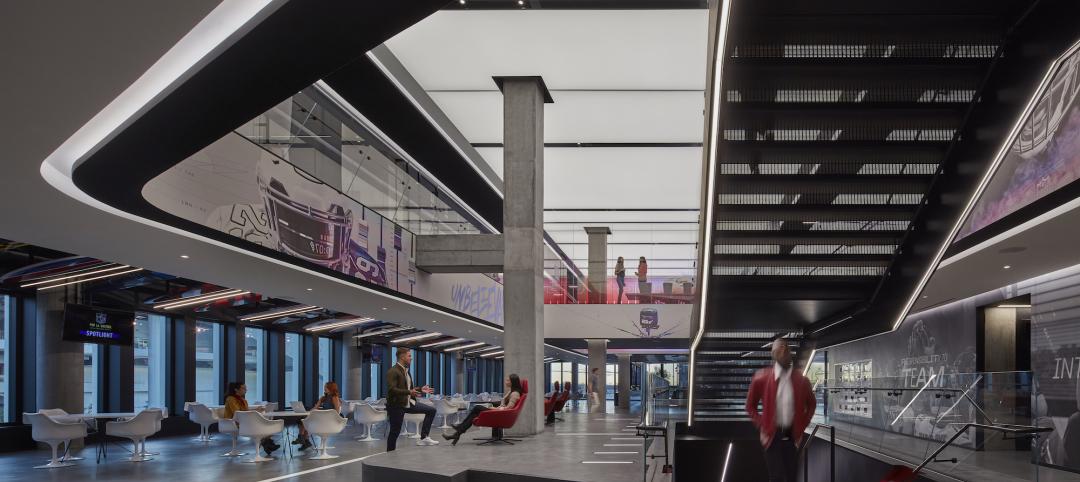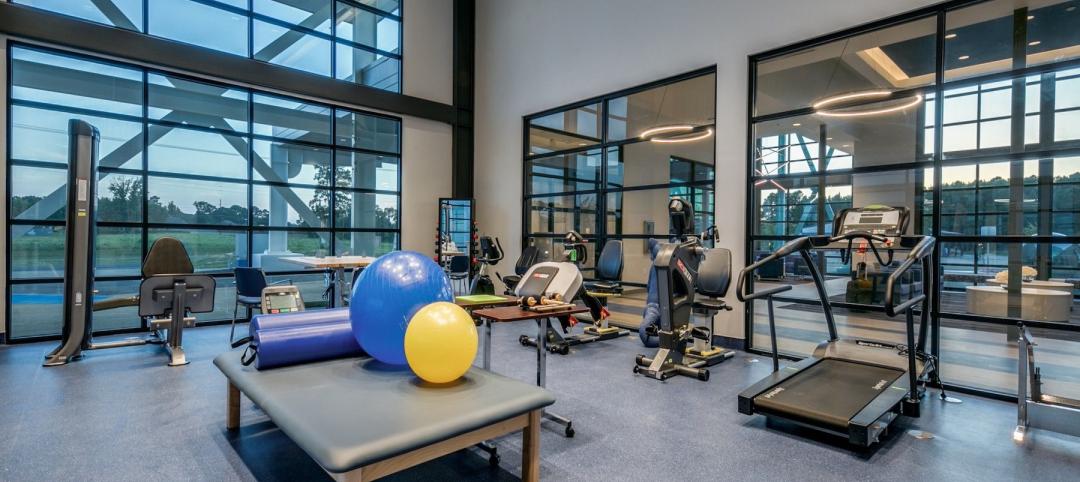Howard Elkus, FAIA, RIBA, LEED AP, cofounder of the Boston-based architectural firm Elkus Manfredi Architects, died on April 1 in Palm Beach, Fla., 11 days before his 79th birthday. The firm announced his passing on April 3 but did not disclose the cause of death or information about survivors.
“We grieve the loss of Howard as a co-founder of our firm, as a visionary architect, as a mentor, and as a friend. We extend our condolences to his wife, children, and immediate family,” the firm stated.
A graduate of Stanford University (B.S. mechanical engineering) and Harvard University (M.Arch with Distinction), Elkus began his five-decade-long career with the Walter Gropius-founded Architects Collaborative, where Elkus met his future partner David Manfredi. (The Architects Collaborative disbanded in 1995.)
In a statement, Manfredi referred to Elkus as “an extrordinary friend and business partner. He uniquely brought joy to every endeavor, made everyone he met feel special, and lived life fully every day.”
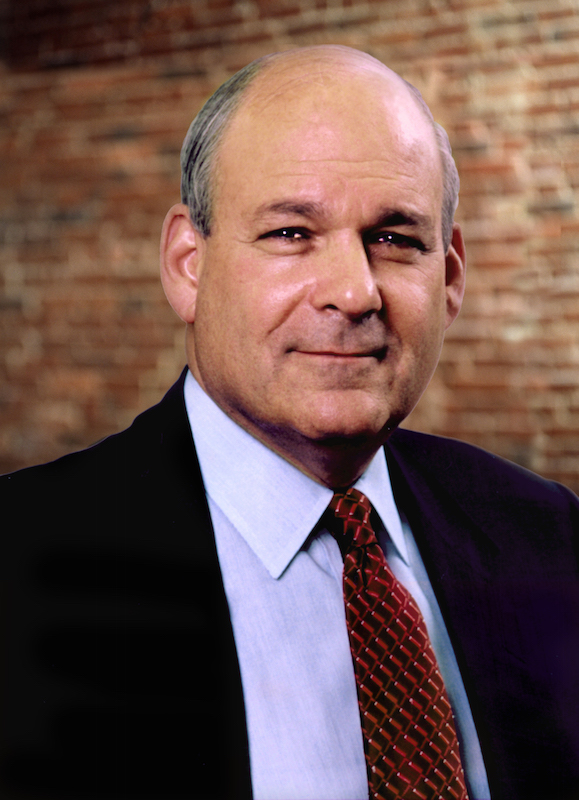
Howard Elkus, who cofounded the Boston firm Elkus Manfredi Architects with David Manfredi in 1988, died on April 1 at the age of 78. Image: Bruce Rogovin
His architectural and interior design work with Elkus Manfredi Architects ranged widely across myriad building typologies. In recent years, the firm has designed headquarters for New Balance, WS Development, and Blue Cross Blue Shield; as well as the Verb Hotel in Boston, and Linq Hotel & Casino (a reimagining of Caesar’s Imperial Palace) and City Hall in Las Vegas.
Other recent major projects Elkus was involved in include Miami Worldcenter, a redevelopment of 27 acres in downtown Miami that will expand the city’s central business district by between 12% and 15%, and create a vibrant walkable pedestrian environment. The first phase build-out includes three residential towers over 1 million sf of podium retail.
The firm also designed the podium retail component of the Hudson Yards project in New York that’s currently under construction. Elkus referred to HudsonYards as “the biggest mixed-use project in the United States, and one of the most impressive in the world.”
Elkus was the grandchild of Felix Kahn, one of the Master Builders of the West, and grandnephew of Albert Kahn, the foremost American industrial architect of his day. In a 2004 interview, Elkus told Visual Merchandising and Store Design (VMSD) that his first real design assignment was Copley Place, which in the mid 1980s was Boston’s largest urban mixed-use project.
He revealed during that interview that his inspiration for projects came from “the world out there. Like music, I get it from the simplest notes to a resounding orchestra. Nature does it for me and so, too, does man’s wondrous works, perhaps most of all the heroism of less-fortunate souls.”
Elkus saw Hudson Yards are part of a broader global urbanization, which he viewed as “wildly exciting and the potential is off the charts.” In a 2015 interview with Interior Design magazine, he said the “great question” of that movement continues to be “how do we maximize quality of life?”
Related Stories
Education Facilities | Nov 30, 2022
10 ways to achieve therapeutic learning environments
Today’s school should be much more than a place to learn—it should be a nurturing setting that celebrates achievements and responds to the challenges of many different users.
75 Top Building Products | Nov 30, 2022
75 top building products for 2022
Each year, the Building Design+Construction editorial team evaluates the vast universe of new and updated products, materials, and systems for the U.S. building design and construction market. The best-of-the-best products make up our annual 75 Top Products report.
K-12 Schools | Nov 30, 2022
School districts are prioritizing federal funds for air filtration, HVAC upgrades
U.S. school districts are widely planning to use funds from last year’s American Rescue Plan (ARP) to upgrade or improve air filtration and heating/cooling systems, according to a report from the Center for Green Schools at the U.S. Green Building Council. The report, “School Facilities Funding in the Pandemic,” says air filtration and HVAC upgrades are the top facility improvement choice for the 5,004 school districts included in the analysis.
Architects | Nov 29, 2022
Three decades and counting, Tinkelman Architecture has helped reshape New York’s Hudson Valley
The full-service firm has designed more than 100 projects in this region, including several multifamily buildings currently in the works
Retail Centers | Nov 29, 2022
'Social' tenants play a vital role in the health of the retail center market
After a long Covid-induced period when the public avoided large gatherings, owners of malls and retail lifestyle centers are increasingly focused on attracting tenants that provide opportunities for socialization. Pent-up demand for experiences involving gatherings of people is fueling renovations and redesigns of large retail developments.
Giants 400 | Nov 28, 2022
Top 200 Office Sector Architecture and AE Firms for 2022
Gensler, Perkins and Will, Stantec, and HOK top the ranking of the nation's largest office sector architecture and architecture/engineering (AE) firms for 2022, as reported in Building Design+Construction's 2022 Giants 400 Report.
Legislation | Nov 23, 2022
7 ways the Inflation Reduction Act will impact the building sector
HOK’s Anica Landreneau and Stephanie Miller and Smart Surfaces Coalition’s Greg Kats reveal multiple ways the IRA will benefit the built environment.
Multifamily Housing | Nov 22, 2022
10 compelling multifamily developments debut in 2022
A smart home tech-focused apartment complex in North Phoenix, Ariz., and a factory conversion to lofts in St. Louis highlight the notable multifamily developments to debut recently.
Digital Twin | Nov 21, 2022
An inside look at the airport industry's plan to develop a digital twin guidebook
Zoë Fisher, AIA explores how design strategies are changing the way we deliver and design projects in the post-pandemic world.
Healthcare Facilities | Nov 17, 2022
Repetitive, hotel-like design gives wings to rehab hospital chain’s rapid growth
The prototype design for Everest Rehabilitation Hospitals had to be universal enough so it could be replicated to accommodate Everest’s expansion strategy.


